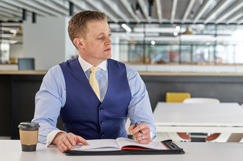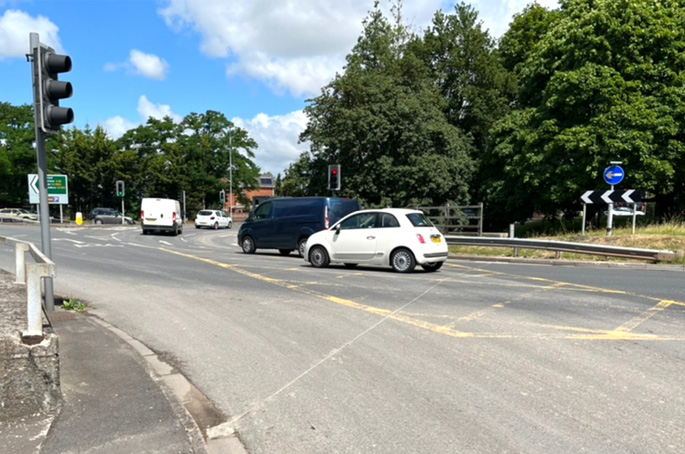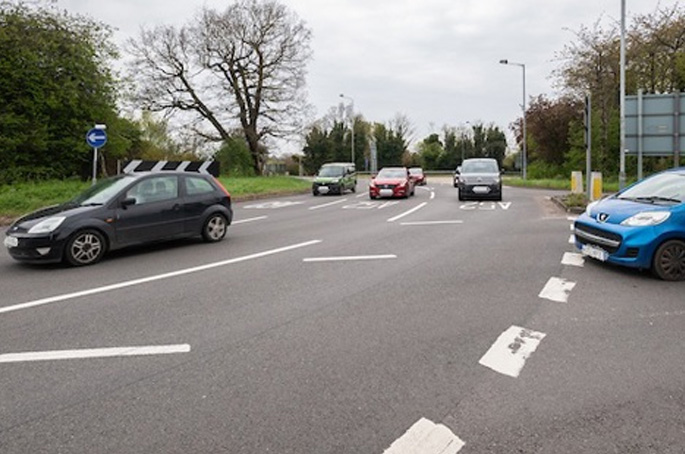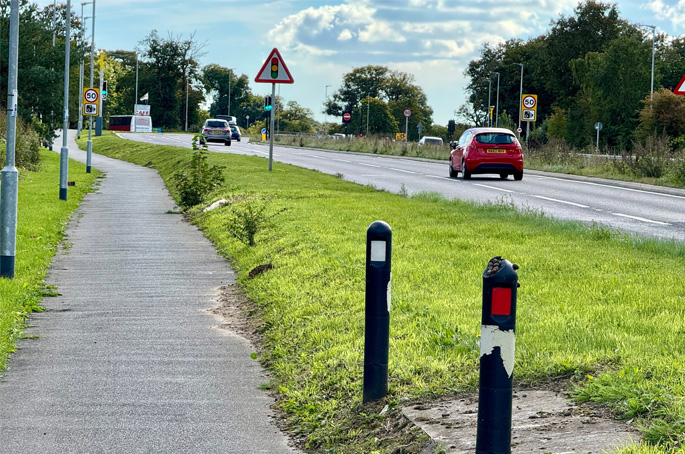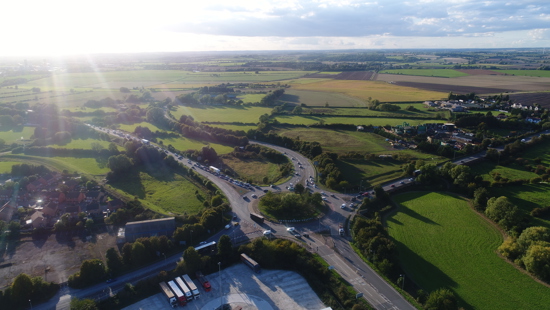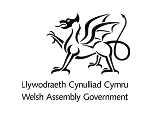Norse Group CEO Justin Galliford argues that achieving net zero in highways services could be the most important challenge the sector faces, and is one that is easily underestimated.
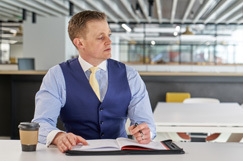
We are in the middle of a period of change and great difficulty for local authorities – with the sector facing a broad range of challenges from the cost-of-living crisis and skills shortages to severe budgetary constraints.
With so much adversity, it's all too easy to overlook what may well be the most important challenge that we are facing – achieving net zero.
Most councils have declared their commitment to net zero, but from talking to leaders from across a wide range of both public and private sector organisations, there is a concern that the country is at risk of underestimating just how much achieving net zero entails.
The nature of highways activities means that providers, whether in-house or outsourced, are in the front line of the net zero challenge; there will undoubtedly be great pressure to reduce the carbon footprint, implement new working practices and invest in new, environmentally friendly technology.
To achieve the net zero targets we need to be realistic about timescales and the amount of capital investment required as well as recognise that is it highly likely there are still many ‘unknown unknowns', which will arise along the way.
However well-prepared highways authorities may be, much of net zero is dependent on central government action. Just some of the support needed includes; infrastructure for EV charging; reliable green energy supplies that can meet increasing demand; and a regulatory framework which gives local government the freedom to innovate, change the way services are delivered, and gain buy-in from their communities.
Budgeting for the long-term costs of achieving net zero in highways fleet is just one example of a ‘known unknown'. With little historic data yet available, how to amortise the capital cost of electric vehicles and project lifespan and maintenance costs will be a real concern.
Net zero is something Norse Group has been working on in its own business and in its local authority partnerships for some time, and the more the team look into it, the more we understand how much is involved.
Among its many activities, Norse Group has a specialist environmental consultancy, which includes net zero specialists. They, and our local authority partners, are in the process of developing a strategy that will allow the business and its partners to achieve net zero as quickly and cost-effectively as possible.
It is becoming clear that there are three main strands to the work:
1 Activity-based
- replacing fleet with alternative, sustainable vehicles, primarily electric
- making buildings as efficient as possible
- reducing the carbon output of all services, including highways maintenance
2 Procurement
- ensuring that all the energy used comes from sustainable sources, including solar and wind power
- encouraging all many suppliers and subcontractors to adopt a net zero strategy
3 People
- using influence to ensure that staff reduce their carbon footprint
- helping clients – the local authorities and their residents and tenants - to reduce their carbon footprint
- providing advice and guidance to staff, their families and the local communities wherever the business operate.
Net zero is a huge undertaking and it will only be achieved if every part of the community – households, businesses, and government – is committed to decarbonisation and it will require central leadership, local implementation and national commitment.

